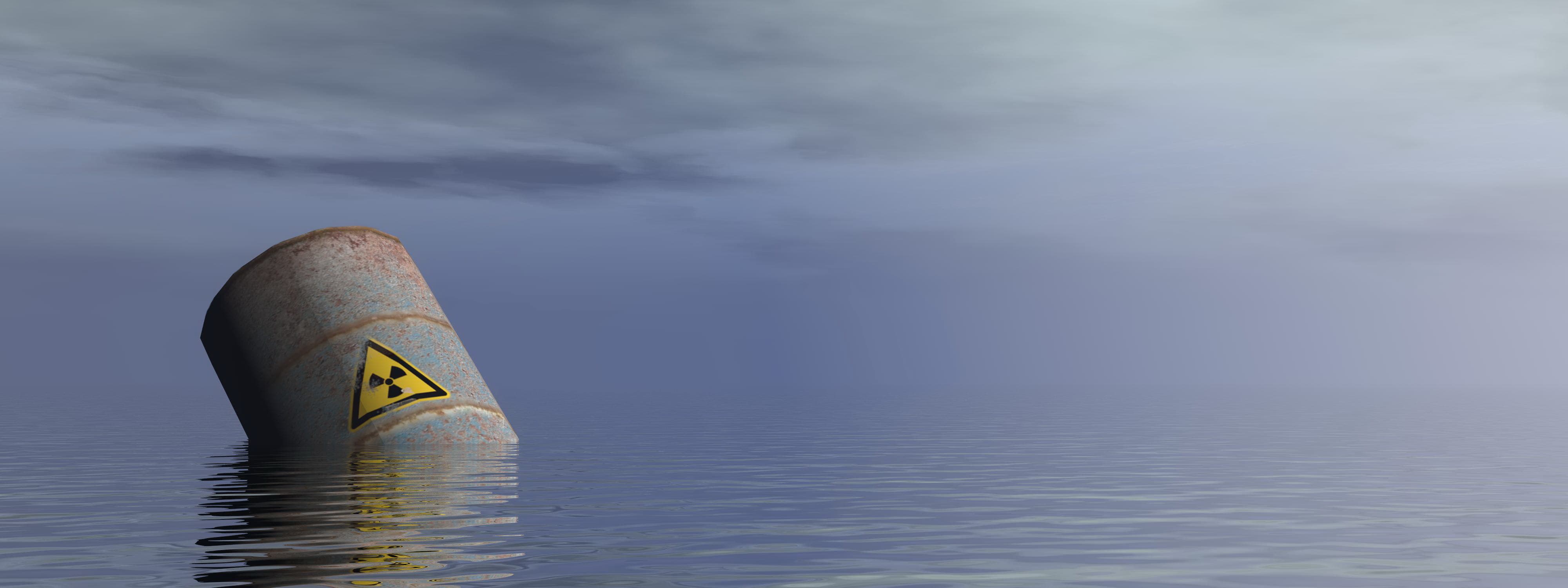Uranium in Water

Uranium in Water
Uranium - it's used to make atomic weapons and to fuel our nuclear power stations, but did you know that it can be a nasty contaminant of our drinking water? Most of the world's commercial uranium mining operations are found overseas in countries such as Canada, Australia, and Kazakhstan, so it might surprise some to learn that uranium ores can also be found here in the UK and that unhealthy levels can be detected in our groundwater.
Is Uranium Dangerous?
Uranium is well known for being a radioactive element, but at the levels encountered in nature its radiation is not a great worry. Far more concerning from the perspective of drinking water safety is that uranium is a highly toxic heavy metal.
Ingested uranium attacks the kidneys - chronic exposure to contaminated drinking water may lead to kidney damage. The health effect of uranium on humans is not well studied, and as such the World Health Organisation has set a provisional guidance value of 30 micrograms per litre (30 ppb) for our drinking water. In the US, the Environmental Protection Agency has also adopted a Maximum Contaminant Level (MCL) of 30 micrograms per litre.
How Does Uranium Get Into Drinking Water?
Natural uranium in ores such as torbernite and pitchblende can be found in the older rocks of the south-west, Wales, the Peak District, and Scotland. The South Terras mine (located near St Austell, Cornwall) is estimated to have produced over 700 tonnes of Uranium ores and even produced the uranium-rich ores that helped Marie Curie discover radium.
Natural uranium is found in small quantities in many of the older rocks across the UK and as it decays it produces radium which, in turn, decays to radon gas. The uranium concentration in most rocks is very low but under certain geological conditions it can be concentrated to much higher levels.
Tectonic activity millions of years ago generated molten blobs of magma that rose up towards the surface, creating geological features known as 'igneous intrusions'. These intrusions shaped the landscapes of places like Dartmoor, The Cairngorms, Snowdonia and the Lake District.

The super-heated conditions that occur in these geological events generated hot brines that dissolved and concentrate many metal-containing minerals. As these super-heated brines burst up through cracks in the rock they cooled and deposited minerals such as tin, lead, arsenic, and uranium.
When water comes into contact with uranium-rich minerals, tiny amounts of uranium can dissolve which leads to elevated levels of uranium in the groundwater. Many households across the UK draw their water from wells and when these are located near areas with granite rocks there is an increased risk of contamination.
In addition to the uranium from our local ores, it can also be introduced into soil through the addition of fertilizers. Places in the world that are rich in phosphate rocks are often rich in uranium as well. As mineral sources are processed to produce phosphate fertilizers they can often include uranium as a contaminant.
How is Uranium Removed From Drinking Water?
If you are at all concerned about the quality of your drinking water, either by uranium contamination or other toxic metals, then before you consider expensive water treatment the first thing you should consider is getting an accurate water test performed by a laboratory. Please speak to one of our team at hello@thewaterprofessor.com if you are interested in having your water tested for uranium.
Uranium compounds form charged ions in water and can therefore be removed by ion exchange materials found in some water filters. Another great way of removing uranium is using a reverse osmosis system. In a recently conducted study by The Water Professor, we found that a reverse osmosis filter successfully reduced the uranium level of contaminated water in a Welsh property by almost 90%.





















